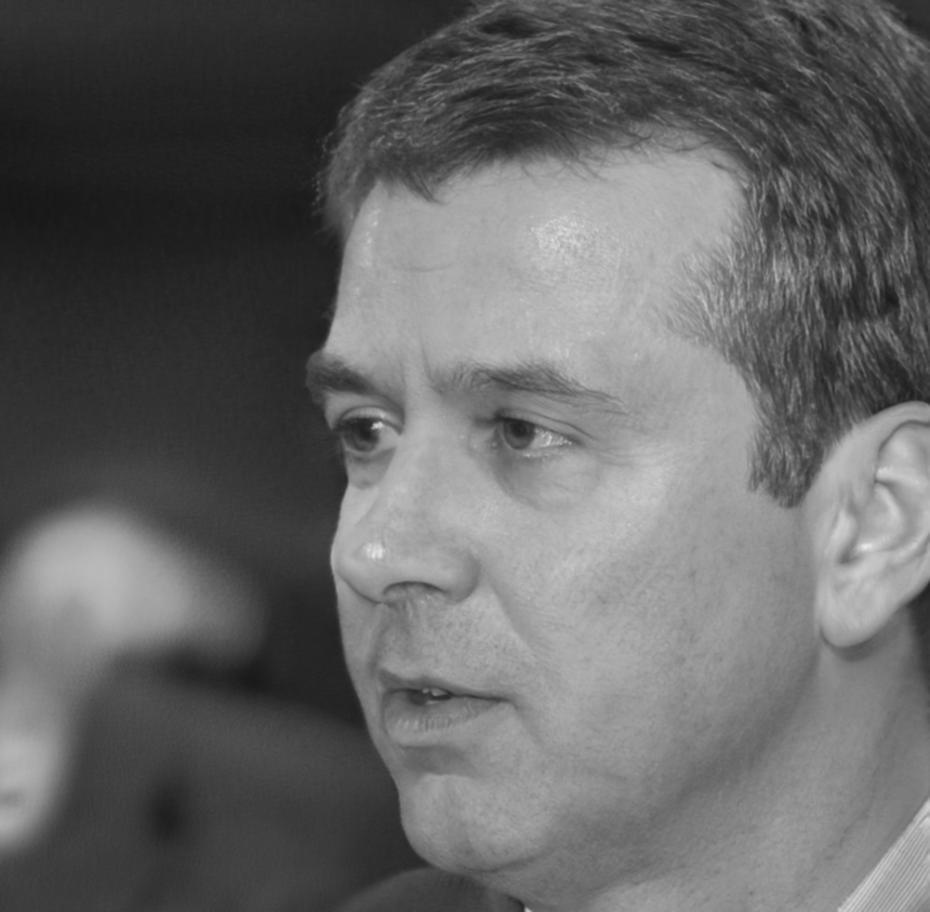Woravit Laohapoonrungsee
Senior Financial EducatorSpent eleven years as an equity analyst covering Thai listed companies before moving into education. Still consults for two investment firms, which keeps the course material current.
What I've noticed: most people can calculate ratios just fine. The hard part is knowing what questions to ask when something looks off. That's what I focus on teaching—the investigative mindset that makes you a better analyst.
Outside of finance, I restore vintage motorcycles. It's surprisingly similar work—diagnosing problems requires the same systematic approach whether you're reading a balance sheet or troubleshooting an engine.


